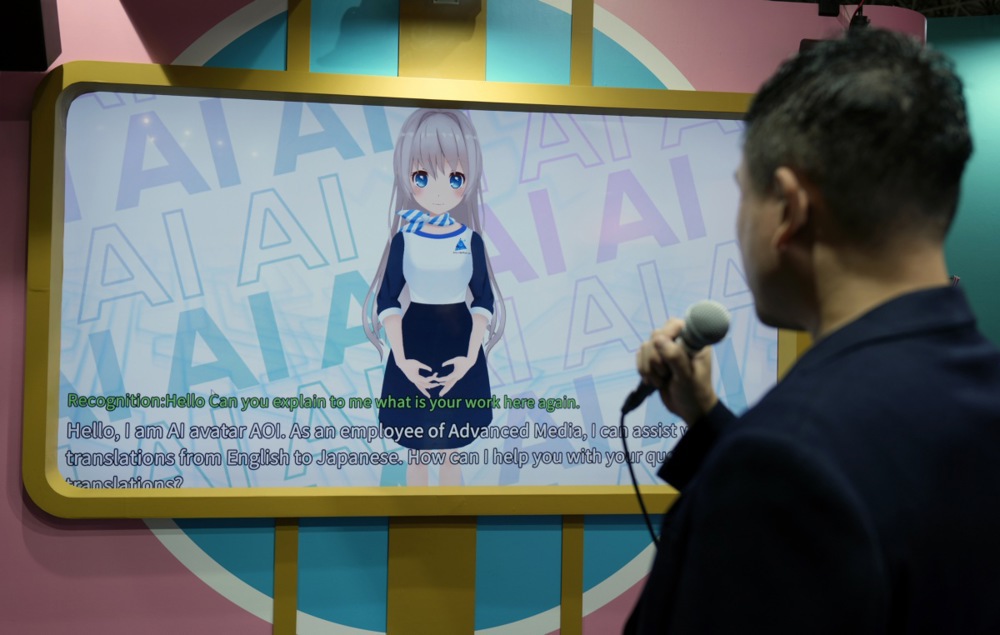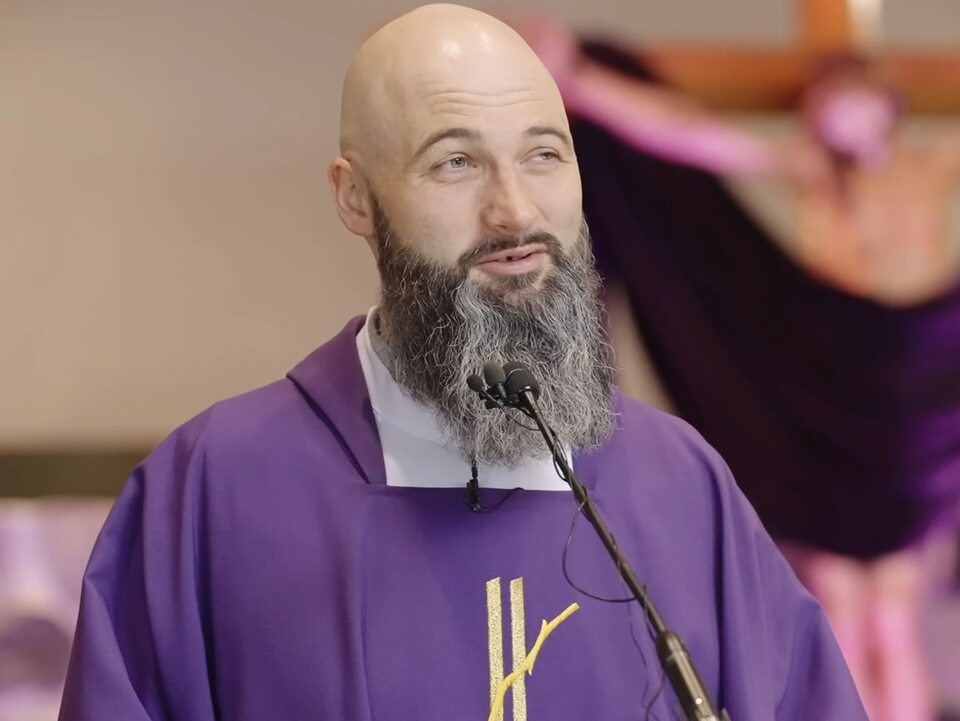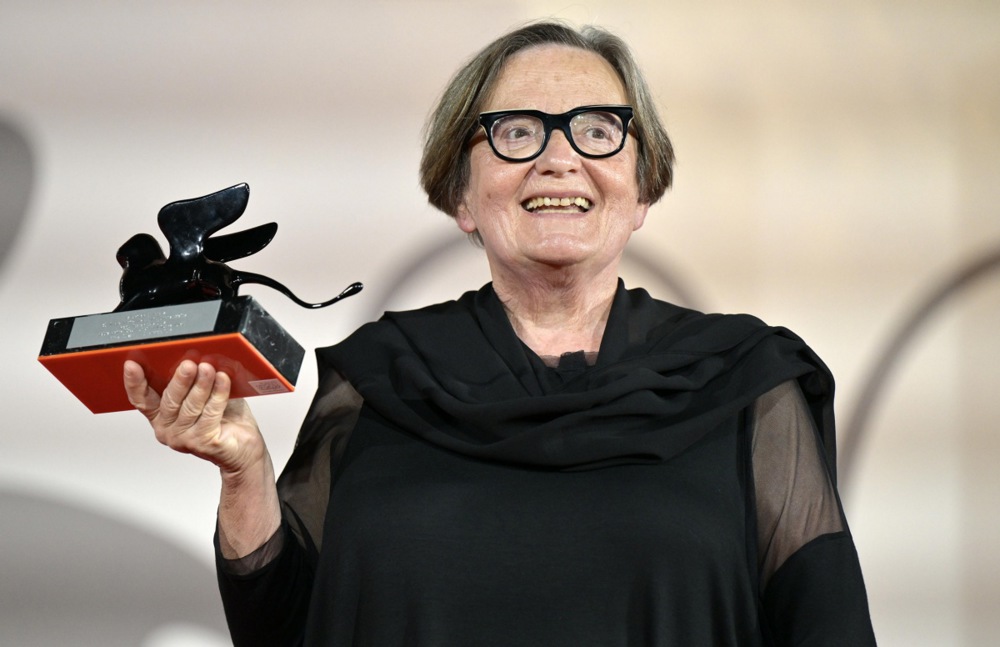Polish billionaire Rafał Brzóska, owner of international logistics business InPost, on November 20 won his case in a Polish court after he sued the Meta social media conglomerate over the use of his image in AI-generated “deepfakes”.
Brzóska became a target because he is a well known entrepreneur who has grown his InPost business internationally. He is now planning a shipping service as a low-cost alternative to airline baggage fees by allowing customers to drop off luggage in lockers for pick-up at similar locations abroad.
The service, which is already available in Belgium, France, Spain, the Netherlands and Italy, is set to be expanded to the UK, and allows for up to 25 kilograms to be sent for a fee undercutting airlines’ charges.
Brzóska, writing on social media platform LinkedIn on November 21, said each deepfake image of him published on Meta in future would result in the social media giant being fined for every violation.
“We … applied for security, so that each subsequent deepfake with our image would result in an immediate financial penalty on the owner of Facebook! The court fully agreed with us and granted us security for the maximum possible time, ie one year,” he wrote.
Brzóska’s wife, the journalist Omena Mensah, said in a video published by her husband on LinkedIn that fake posts and photos of her had appeared on Meta. These included photoshopped photos of her beaten face, alleged violence by her husband, and even false information about her possession of drugs and an attempt to kill her were also found to be illegal by the court.
Celebrities and politicians have become targets for AI-generated fake images to draw attention to the content being promoted. While many are clearly satirical or comical, others can look authentic and are misleading.
Brzóska said he was convinced that the judgment he secured from the Polish court, although confined to Poland, would have implications for the rights of individuals and the development of AI deepfakes.
In his X post, he appealed to internet users to send him deepfakes of him they may find and asked other public figures who have suffered similar problems to contact him and support his campaign against Meta profiting from such actions. He added that for him “at least in Poland” it has been stopped.
Deepfakes in Europe and the US have regularly been used to target public figures and celebrities. In some countries, such as South Korea, teenagers have been using deep fake nudes of classmates, prompting public outrage and concern that this may be causing a mental health crisis among the young.





